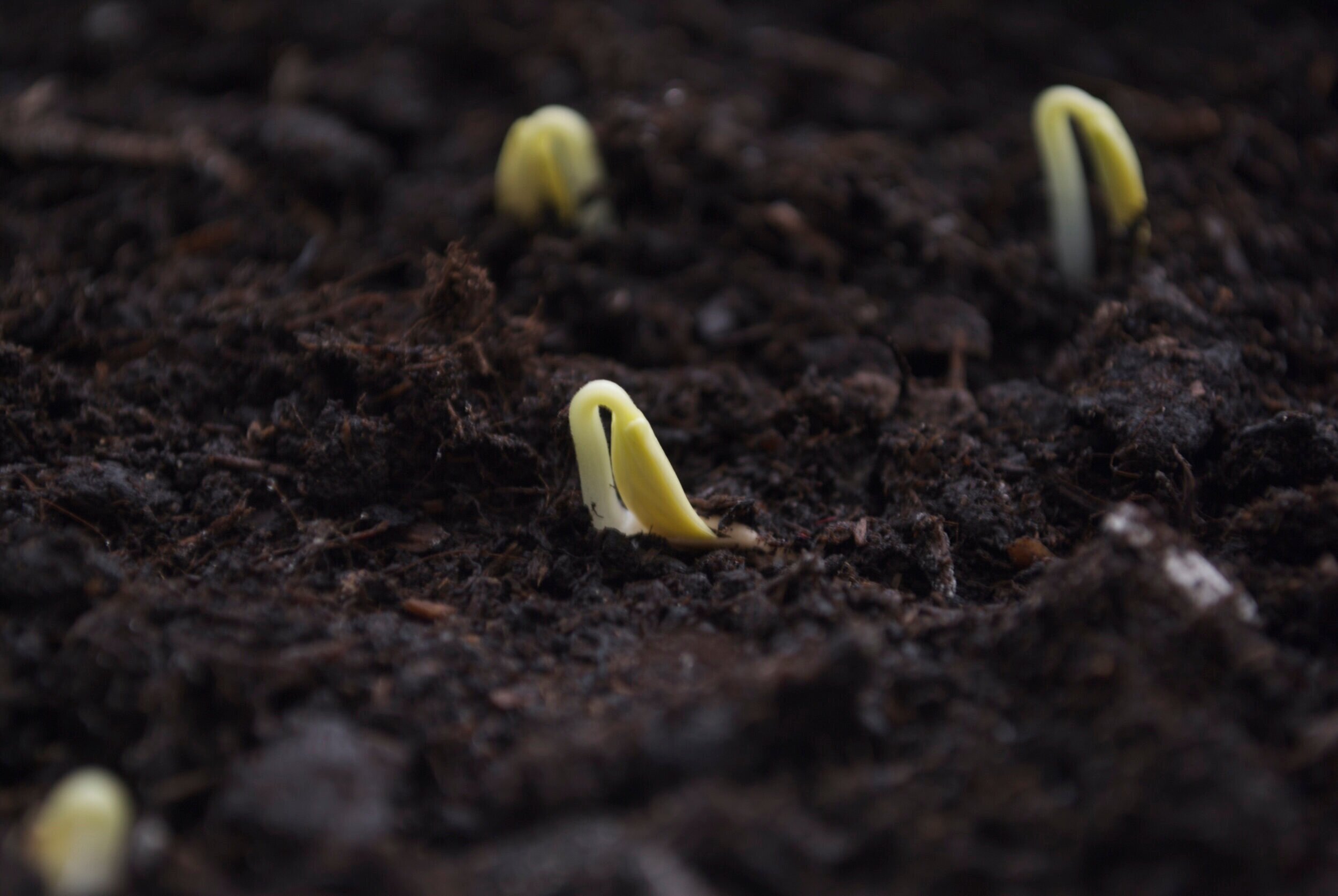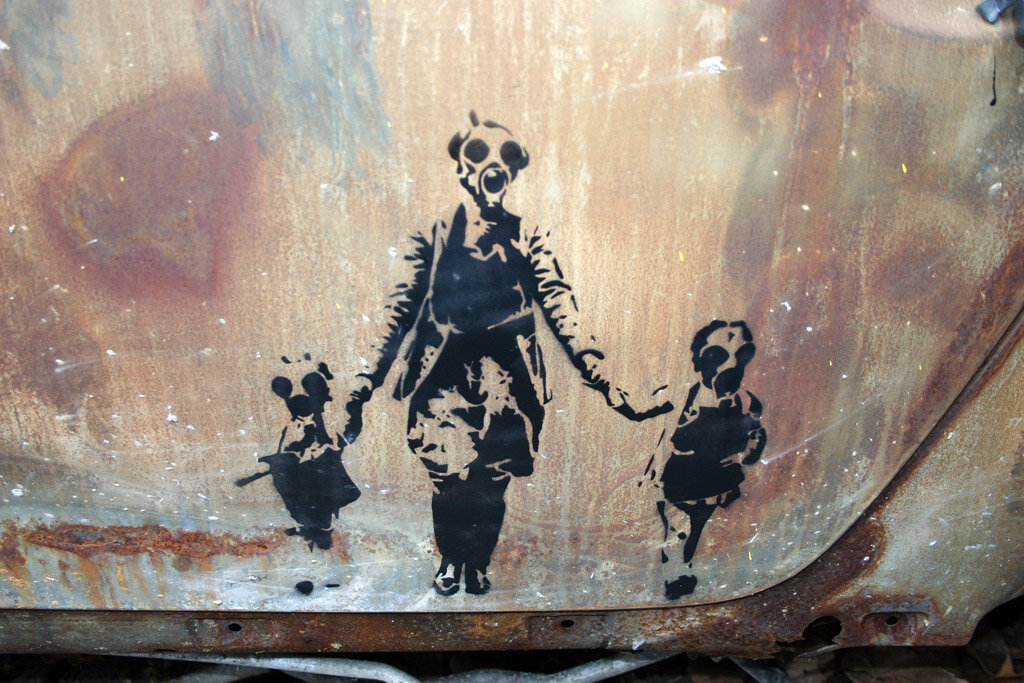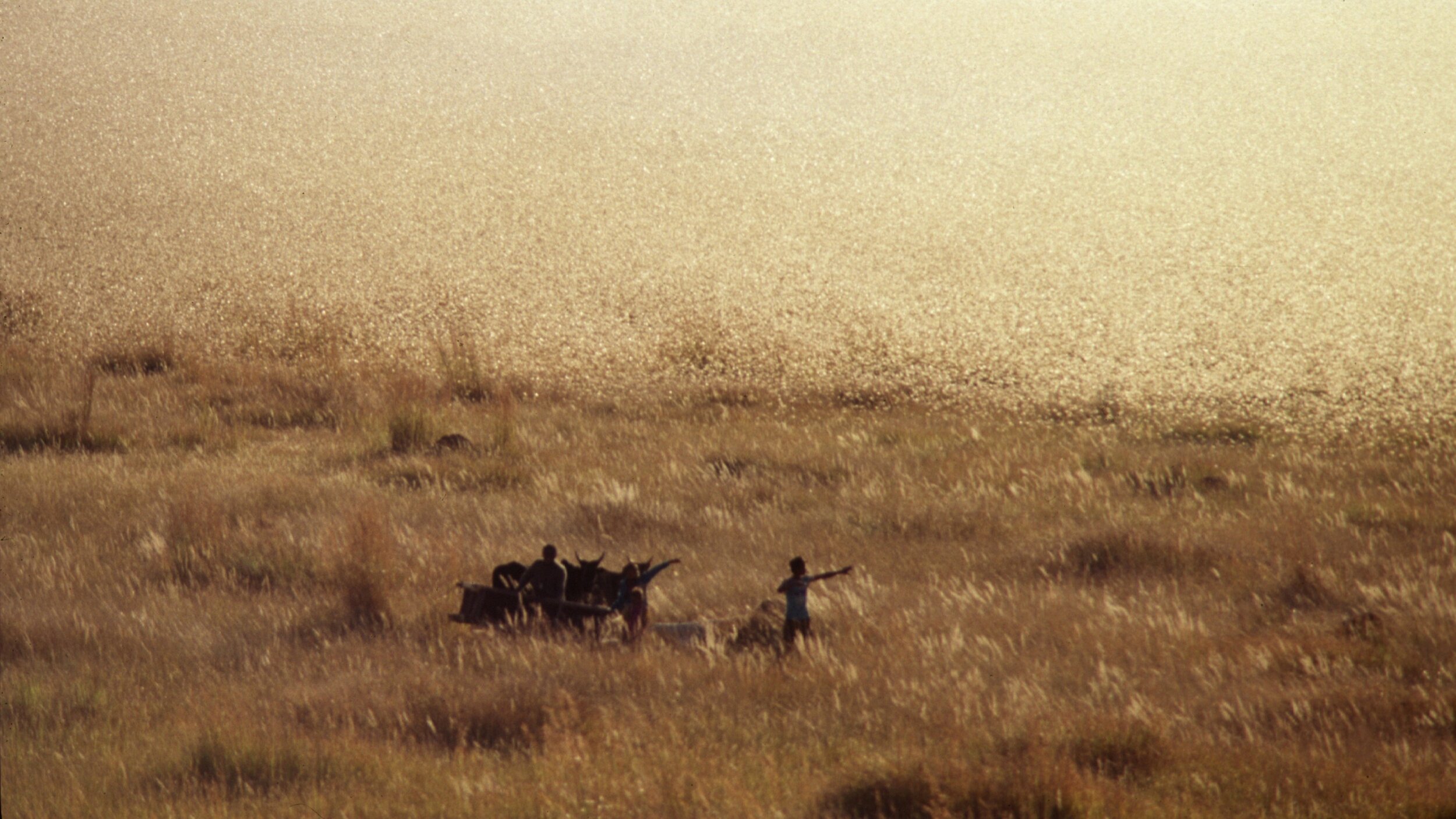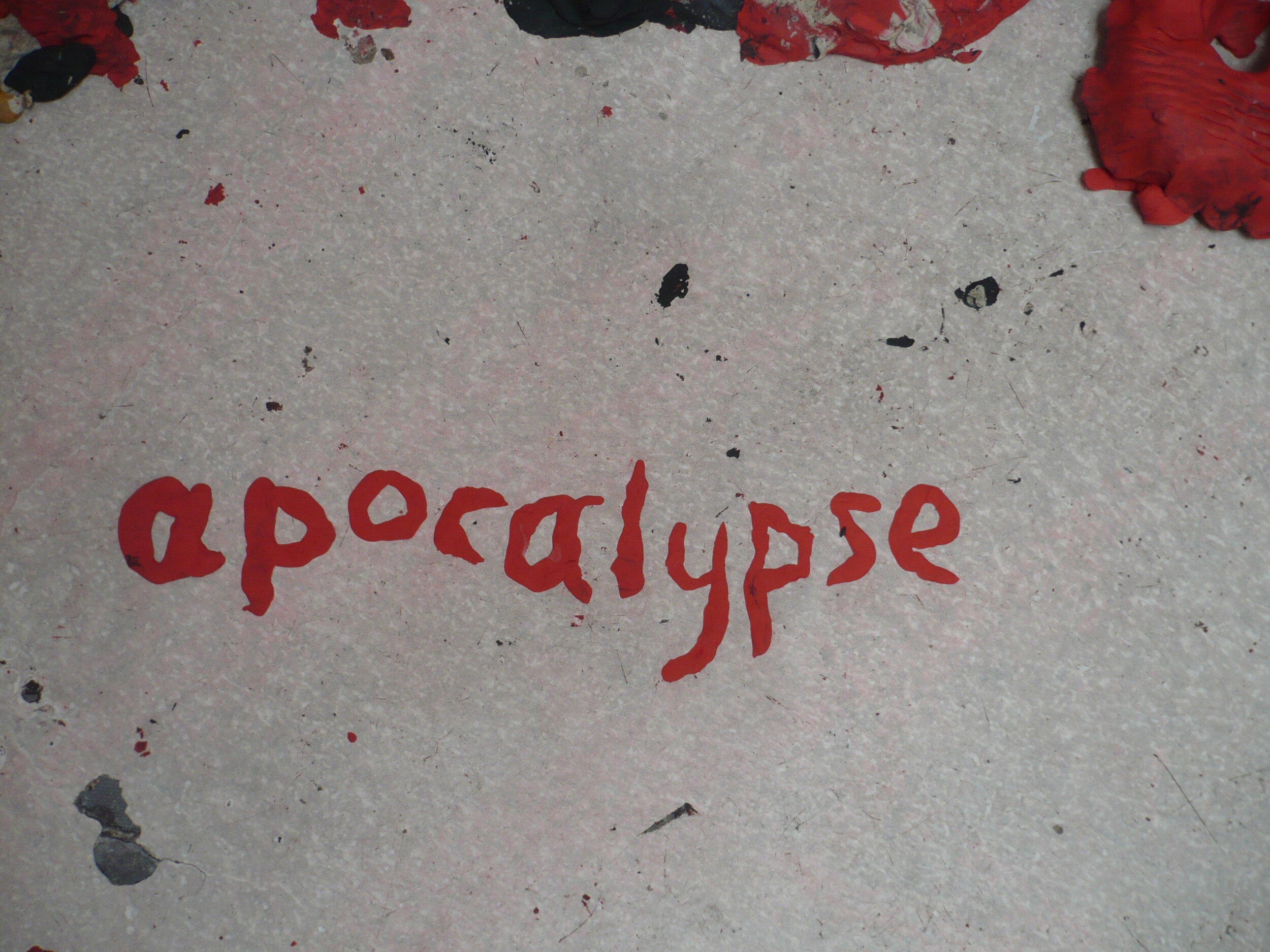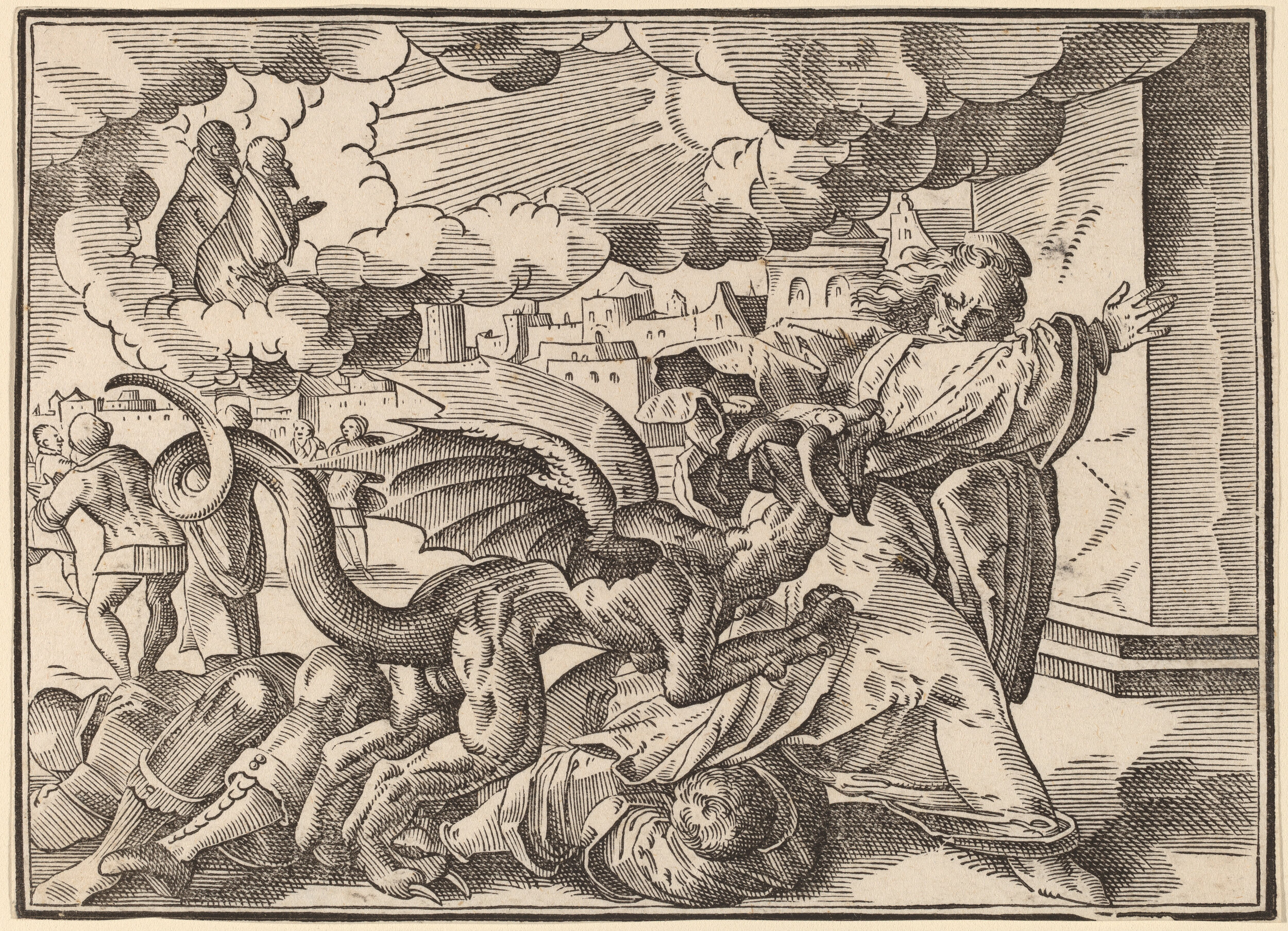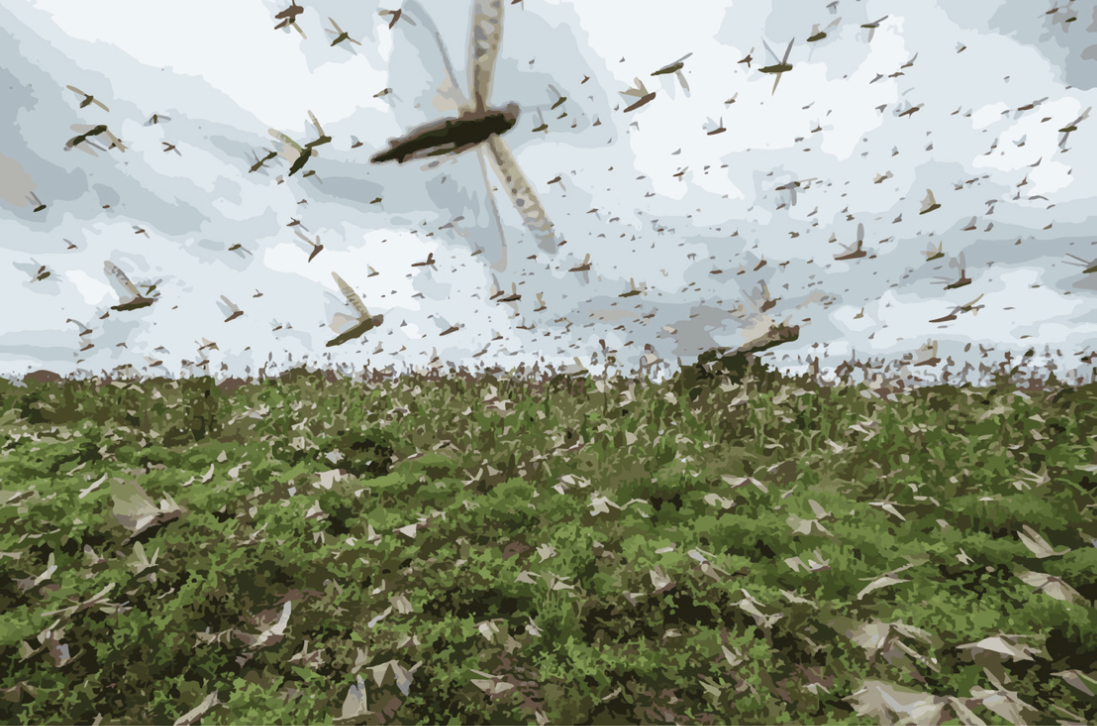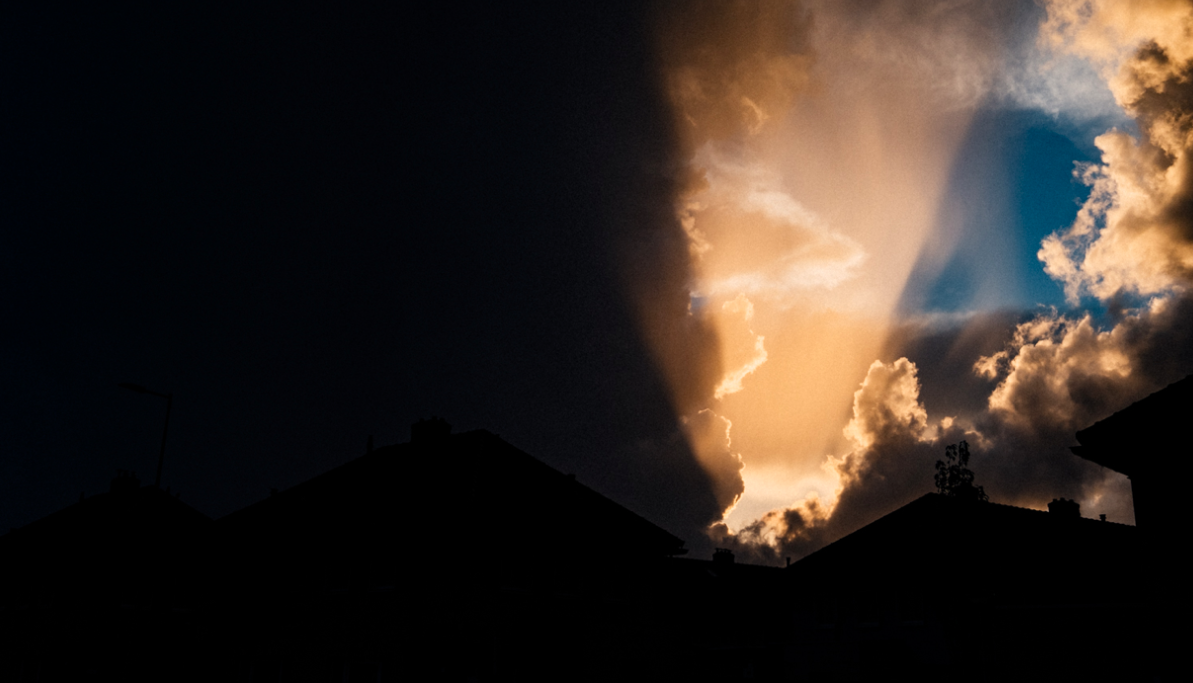WINTER SERIES 2021
Dystopian Worlds: The end or beginning of time?
We are living in dystopian times. The global COVID-19 pandemic has transformed speculative apocalyptic fiction novels into a stark reality. It has been a year of reckonings, as the pandemic has painfully laid bare the interconnectedness of the world as well as the socio-economic, racial and structural inequalities underlying the disproportionate impact around the globe. In the meantime, nature has been running its own course, leaving traces of dystopian destruction. Sustained Arctic melting, unprecedented bushfires in Australia and apocalyptic wildfires in The United States; and record wildfires in the Amazon have prompted a group of scientists to call for action: “Fire in Paradise: a Declaration of World Scientists”. On top of lockdown, famine, floods or drought, millions of farmers in Asia and Africa witnessed swarms of desert locust decimating farmlands, invoking Biblical prophesies. Amidst political chaos, pestilence and environmental disasters, we ask ourselves: what have we done wrong? Times of societal and environmental crises give rise to end-of-time tales and stories of moral failure, but they may also foster ideas about new beginnings and brighter futures.
We devote our winter series to the apocalypse & counter-apocalypse in relation to weather, climate and nature and how this is lived culturally and scientifically in the past & present and imagined, desired and predicted for the future. We invite perspectives from a wide variety of disciplines (spanning the arts to the natural and social sciences, including paleontology, philosophy, climate science, (environmental) history, STS, anthropology, religious studies, theology etc.) that reflect on, measure, depict or imagine dystopian worlds, end of time tales, environmental crises, as well as contributions that contemplate new (or old) beginnings and brighter, more compassionate futures.
Perspectives may include (but are not limited to) socio-technical and scientific imaginaries about environmental apocalyptic futures (including climate predictions, models) or other cultural registers that express dystopian worlds like songs, poems, visuals, mythology and imagery. But we can also think of practical and experiential examples like (the aftermath of) humanitarian disasters, when communities have been confronted with loss and destruction but have managed to rebuild their lives (at times over and over again), and humanitarians who have been part of (post-)recovery response; living in a carbon neutral world etc. How do we live through and make sense of dystopian worlds and imagine utopian beginnings?
The deadline for submissions is 31 December 2020. Perspectives should be maximum around 1500 words. We encourage contributions in a range of formats and media and please provide at least one picture that can be used as a thumbnail. Click here for the full description of the call.

